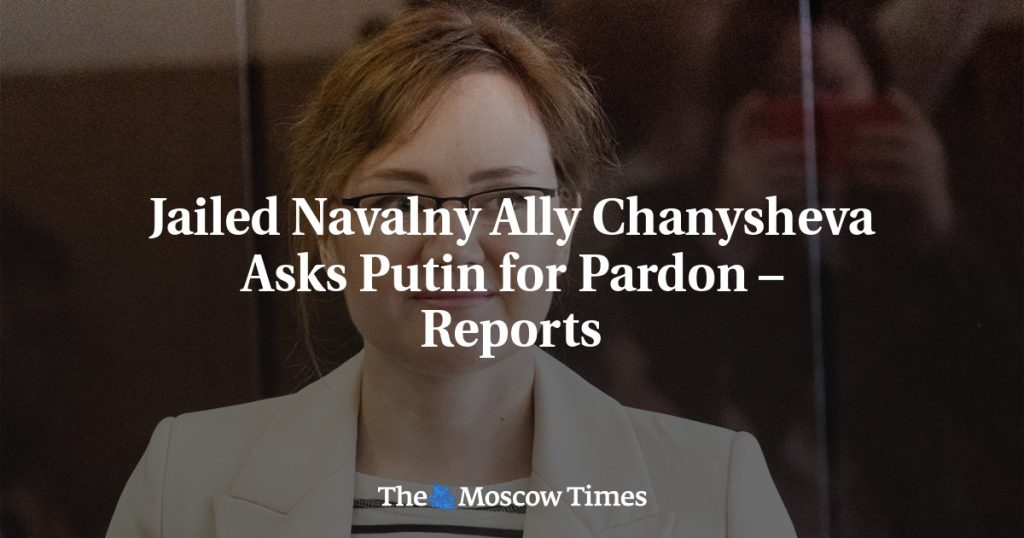Lilia Chanysheva, the former regional coordinator of Alexei Navalny’s political network in Russia’s republic of Bashkortostan, has been sentenced to nine-and-a-half years in prison on “extremism” charges. She was the first of Navalny’s associates to be arrested on these charges, and her case has drawn attention to the suppression of dissent in Russia. Chanysheva, in a letter published by state-funded media, has asked President Vladimir Putin to pardon her, citing her decision to step back from political activism and focus on her family, particularly her elderly, sick parents.
Chanysheva’s lawyer, Ramil Gizatullin, has stated that he believes the letter to be authentic, as the handwriting appears to belong to his client. He mentioned that Chanysheva had discussed the idea of requesting a pardon with him prior to this letter being published. Despite Chanysheva’s plea for clemency, the political situation in Russia remains concerning, with Navalny’s network being labeled as “extremist” and activists facing harsh sentences for their involvement in opposition activities. The crackdown on dissent has raised alarm among human rights organizations and the international community.
The dissolution of Navalny’s political office in Ufa following the extremist designation highlights the challenges faced by opposition figures in Russia. The government’s labeling of political opponents as extremists serves to stifle dissent and create a climate of fear among activists. Chanysheva’s case is just one example of the harsh treatment meted out to those who dare to challenge the status quo in Russia. The plea for a presidential pardon is a desperate attempt to seek leniency in a system that is known for its lack of tolerance towards opposition voices.
The support for independent media outlets like The Moscow Times, facing challenges from the Russian government’s crackdown on free press, is crucial in ensuring that voices critical of the authorities are not silenced. The journalistic integrity and commitment to unbiased reporting must be upheld in the face of mounting pressure on media organizations. The plea for support from readers underscores the importance of independent journalism in holding those in power accountable and providing a platform for diverse viewpoints in an increasingly polarized environment.
The case of Lilia Chanysheva and other activists facing persecution in Russia is a stark reminder of the risks associated with political dissent in authoritarian regimes. The plea for a pardon from President Putin reflects the desperation of individuals caught in the crosshairs of the government’s crackdown on opposition activities. The international community must continue to monitor the situation in Russia and hold the authorities accountable for their actions against dissenters. The support for independent journalism and advocacy for human rights are crucial in defending the rights of individuals like Chanysheva who are facing unjust prosecution for their beliefs.


